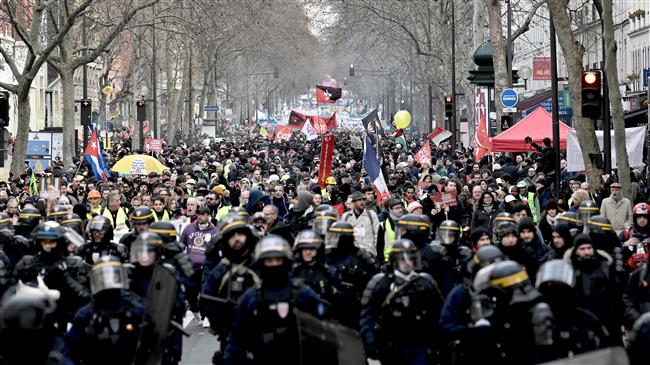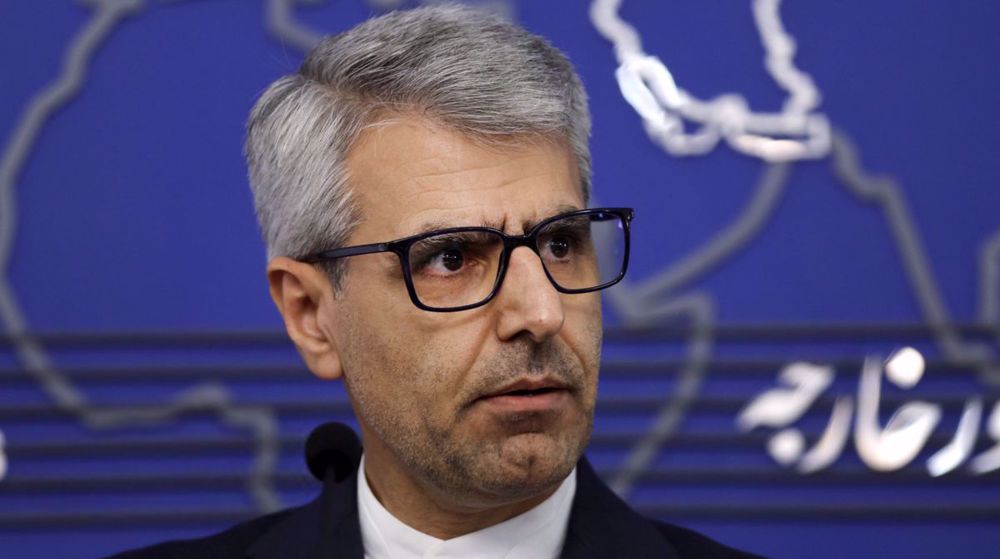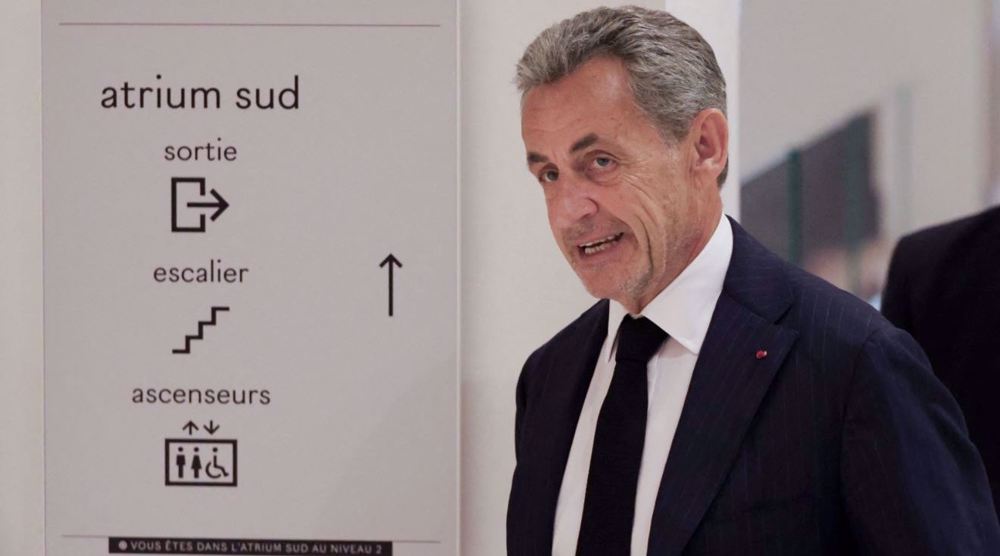France's transport strike drags on despite government compromise on pensions
A crippling French transport strike dragged into its 39th day on Sunday despite the government's offer to withdraw the most contested measure of the pension reform plans that sparked the protest.
Prime Minister Edouard Philippe said Saturday he would drop plans to increase the official retirement age to 64 from 62 in an effort to end a strike which has paralyzed Paris and its suburbs, with bus, train and metro services all badly disrupted.
"I am willing to withdraw from the bill the short-term measure I had proposed," said Philippe, prompting his boss French President Emmanuel Macron to dub the change "a constructive and responsible compromise".
The more reformist trade unions -- the FDT, Unsa and FRC -- welcomed the announcement and said they were now ready to work with employers on the sustainable financing of the state pension system.
The Unsa union for national railway workers maintained its strike call on Sunday while recognizing the government's reconciliatory move.
The union "remains on strike" but will return to the negotiating table, secretary general Didier Mathis told AFP.
However the more hardline CGT, FO and Solidaires unions were standing firm, calling for the strike and protests to continue, including a major demonstration on January 16.
'Some want to return to work'
French rail operator the SNCF said it expected services to improve on Monday.
Nine of 10 high-speed TGV trains would run on French and international routes, it said -- and commuters in and around Paris could expect seven out of 10 trains to operate.

CGT head Philippe Martinez played down the impact of the CFDT and Unsa's readiness to resume negotiations, and spoke of internal splits within these groups.
"We will see" what these unions' workers have to say on the issue, he said, reiterating his call for the government to withdraw the pension reforms completely which he described as "the major requirement of a majority of unions representing a majority of employees".
However the financial hit is weakening the resolve of some strikers.
"It is clear that some colleagues want to go back to work," said one disillusioned Paris Metro worker during demonstrations on Saturday.
"It's going to get tricky financially," he added.
Private sector workers have not followed the unions' lead on the stoppage to turn the campaign into a true national strike.
The government was adamant that the strikers should now go back to work.
"There is no longer any reason for this strike movement to continue," said Elisabeth Borne, minister in charge of transport.
'We're still here'
The government's compromise move came a day after meetings with unions in a bid to end a strike that has frustrated Paris commuters, ruined December holiday travel plans, and hurt business.
Demonstrators in the capital on Saturday, some masked and hooded, broke shop windows along their protest route, set fires and threw projectiles at police in riot gear who responded with tear gas.
Several stores were ransacked as marchers brandished union flags and chanted defiantly: "We are still here!" and "Macron resign!"
Protests were also held in Marseille, Toulouse, Lyon, Nantes and several other cities.
The interior ministry said 149,000 people had turned out throughout France.
The CGT put the figure at half a million, saying the 150,000 marched in Paris alone.
'Pivot age'
In one of Macron's signature reforms, the government is seeking to rationalize 42 existing pension schemes into a single, points-based system it says will be fairer and more transparent. Unions fear it will force millions to work longer for a smaller retirement payout.
Particularly controversial was the proposal to impose the 64 "pivot age" that people would have to work in order to qualify for a full pension.
Union meetings Monday will decide on the future of the strikes on France's local and national rail services.
The government, employers and unions are also keeping their eyes on the opinion polls.
"Public opinion supports the strikers," Martinez insisted late Saturday.
The government has ruled out cutting pensions but insists that something must be done to boost funding as workers are living longer post-retirement.
(Source: AFP)
Hamas thanks Iran, Resistance Front following achievement of ceasefire in Gaza
'Capitulation': Israeli officials and media concede Gaza defeat as truce unfolds
'Gaza has won': Social media users react to ceasefire with mix of relief, joy
Iran seeks South Korea’s assistance for AI, fiber-optic projects
VIDEO | Iran's 'Eqtedar' (Power) maneuver
Israel hits HTS military target in Syria for 1st time since fall of Assad
VIDEO | Press TV's news headlines
Israel has slaughtered 13,000 students in Gaza, West Bank
















 This makes it easy to access the Press TV website
This makes it easy to access the Press TV website